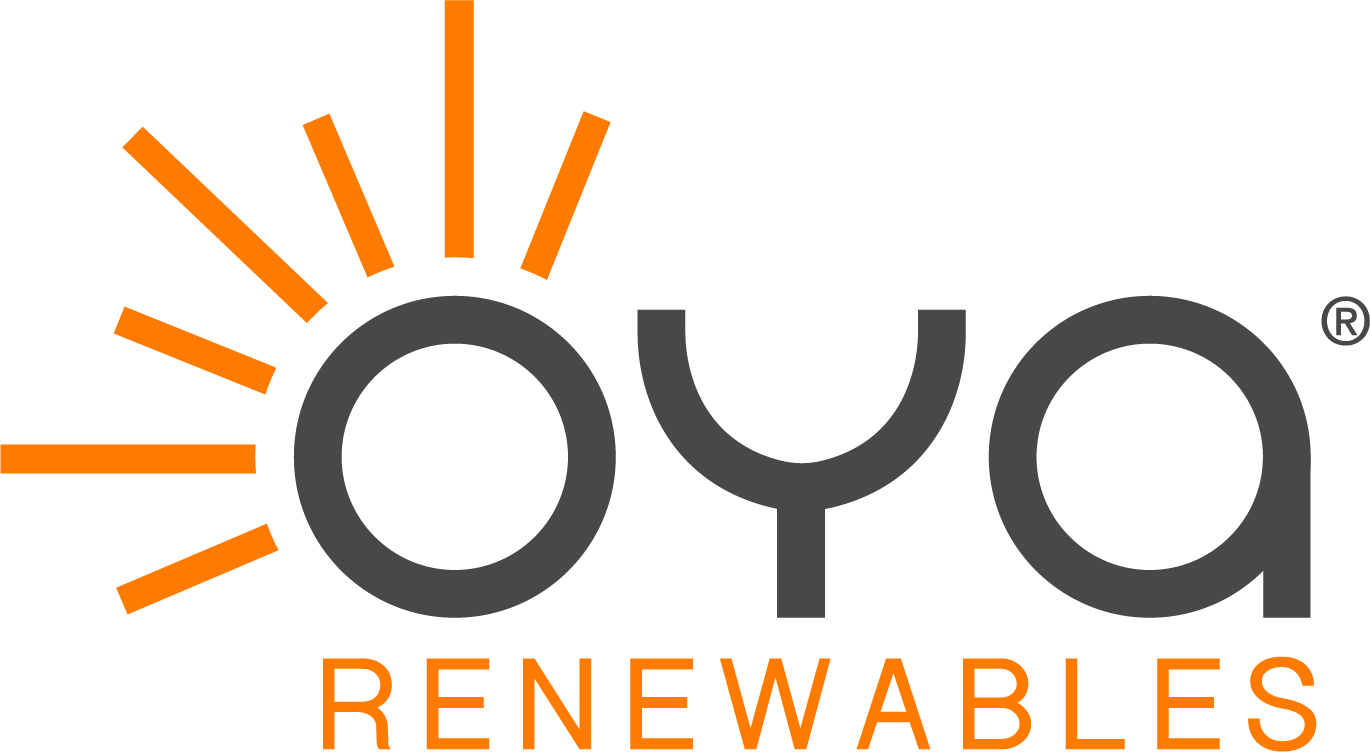Are BESS systems scalable?
Yes, BESS systems are scalable and can be tailored to meet the energy storage needs of different applications. They can range from small-scale commercial systems to large-scale industrial installations. Additionally, the capacity of a BESS can be expanded over time to accommodate increasing energy demands or to support future growth.
